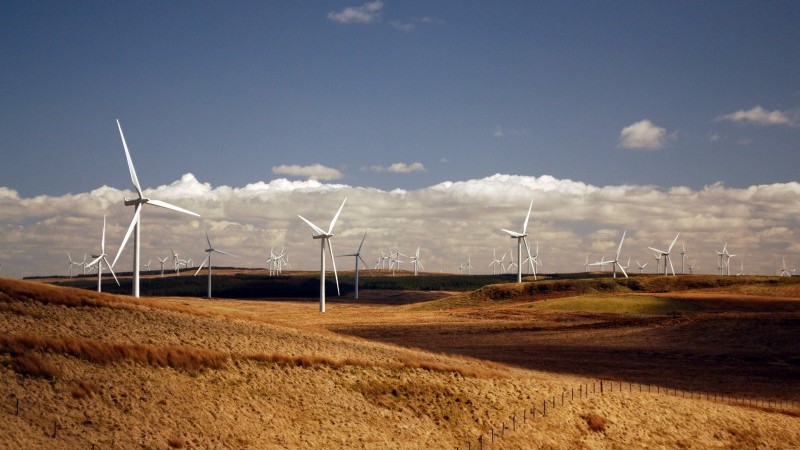Scotland’s greenhouse gas emissions fell 8.6% in 2014, to almost 40% below 1990 levels.
“Good progress” in renewable power generation and waste management helped Scotland to outpace the rest of the UK.
That was the official verdict of government advisers the Committee on Climate Change, in a report published on Tuesday.
Lord Deben, chairman of the committee, said: “Scotland continues to lead the UK both in performance and ambition when it comes to tackling climate change. Emissions are reducing and the latest targets have been hit.”
After factoring in carbon trading across borders, the cut in emissions was an even deeper 46% since 1990, putting Scotland ahead of its target of 42% by 2020.
Weekly briefing: Sign up for your essential climate politics update
In the Scottish Parliament last week, the devolved administration set out a proposal to cut emissions 66% from 1990 levels by 2032. That goes further than the 57% reduction for the UK as a whole.
This would “strengthen Scotland’s position in the competitive low-carbon marketplace and build business confidence,” said the document, due to be adopted by 31 October.
Holyrood has designated energy efficiency a National Infrastructure Priority, a “well developed” approach the CCC said was not yet reflected in the figures. More policies will be needed in agriculture, transport and heat to sustain momentum next decade, its report said.
“Scottish policy has succeeded in bringing down emissions in the power sector very significantly,” CCC chief executive Matthew Bell told Climate Home. “Equally, there are a number of areas where policy is not yet delivering.”
Tree planting efforts are slightly behind target and electric vehicles taking off more slowly than in the rest of the UK, he said.
Both the UK and its regions are working to the same long term goal of an 80% emissions cut by 2050, which is broadly in line with holding global warming to 2C.
In Paris last December, 195 countries agreed to “pursue efforts” to stabilise world average temperatures at 1.5C above pre-industrial levels – a tougher task.
“What has not been reflected yet in the Act, which was passed in 2009, is the increased ambition that came out of Paris,” said Bell.
The CCC is advising the UK government on what that tougher goal could mean for domestic action.
